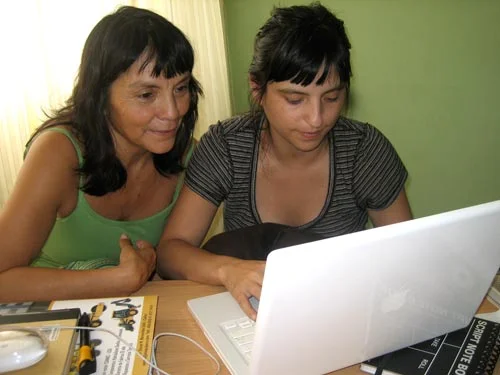Background
AT THE OPENING CEREMONY OF THE Peruvian Film Festival in Paris, 2018. PhotoGRAPH: Xavier Castillo.
As a child, it surprised me that my parents spoke to each other in a language, Quechua, which I could not understand... Although I was only young, I felt that the knowledge of both languages was an advantage, and I therefore wanted to have that advantage… Quechua and the culture associated with it were regarded in general, as of the past, and irrelevant to modern life. In an effort to direct their children towards an upward social trajectory in Lima society, my parents did what they believed was good for us by separating us from Quechua language and culture.
As I was growing up, I began to understand my parents’ views, especially when I experienced firsthand real and spontaneous prejudice regarding not just the language, Quechua, but also the entire culture... In the process, my interest in the Quechua language faded.
Several years later, this interest reawakened in Australia due to optimistic findings about Quechua from European researchers. This motivated me to travel… to Huallanca, my mother’s birthplace, a mining town in the Peruvian Andes, to undertake two months of fieldwork on the subject. I quickly realised that Quechua remains a marginalised language,” (Funegra, 2017: 13-15).
This fieldwork led to the creation of my first film: “Quechua, the fading Inca language” (2010). As a result of this research I went on to create a series of documentaries that focus in the promotion of Quechua in Cusco, New York and Paris. Most recently, I have released “Mother Tongue” (2018), which is a montage of all four films.
I graduated from the University of New South Wales, Sydney, with a diploma in Arts by Research in 2010 and a PhD in 2017.
The excerpt above is from Gabina’s PhD thesis. Read it here.







